As someone who has read more than their fair share of horror novels, I have some terrifying tales still lingering in the back of my mind—stories that make my bravado momentarily vanish. That’s the thing about scary books, the unsettling cousins in the literary family, daring us to look and then berating us for our squeamishness.
While other genres court us with romance, excite us with adventure, or provoke thoughts of deep philosophy, horror simply reaches into the primordial soup of our fears and stirs. Yet, like moths to a flame or teenagers to a haunted house, we keep returning for more. So, pick up one of these timeless spine-chillers, for there’s no literary ride quite like a scary book.
The Other Black Girl by Zakiya Dalila Harris
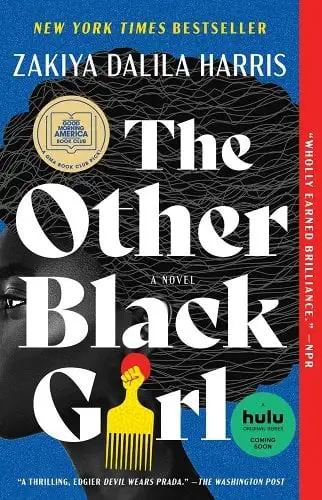
The book The Other Black Girl by Zakiya Dalila Harris is less about creatures lurking under beds and more about the monsters of microaggressions hiding in broad daylight. This literary sensation doesn’t spook with spectral apparitions; instead, it artfully manifests our societal specters: racial tension, workplace politics, and that ever-unsettling feeling of not fitting in.
We meet Nella, whose peace is broken by the appearance of another Black girl amid the almost sterile whiteness of the publishing industry. Harris reminds us it’s sometimes the ones we think we know—be it in the mirror or the next cubicle—that truly terrify. Such is the nuanced nightmare of The Other Black Girl, making it one of the most deliciously disturbing reads of our times.
The Little Stranger by Sarah Waters
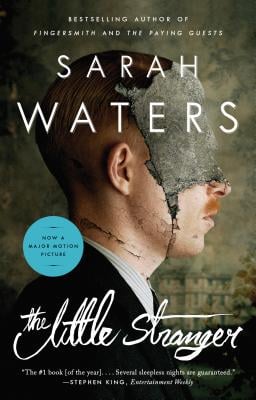
The Little Stranger by Sarah Waters isn’t your garden-variety ghost story, but then again, gardens at decaying English mansions are rarely about roses and daisies, aren’t they? In her signature style, Waters spins a narrative that’s as much about the crumbling aristocracy as it is about inexplicable bumps in the night.
It’s not the overt specters that send shivers down one’s spine but the creeping sense of unease—the kind that sneaks up on you, much like a family reputation tarnished by time. Is the house truly haunted, or are the inhabitants slowly becoming unhinged by their circumstances? The genius of Waters lies in her ability to blur these lines.
The Shining by Stephen King
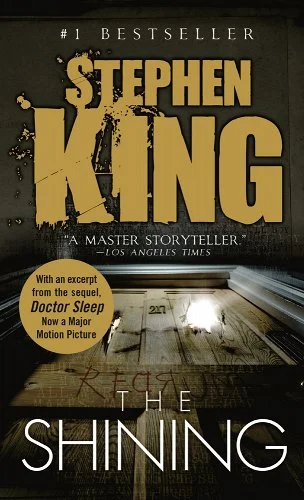
We’ve all read, watched, or heard about The Shining, Stephen King’s terrifying masterwork. Who knew a job as a winter caretaker at a hotel could come with such… icy reception? The Overlook Hotel, with its sprawling corridors, isn’t merely a retreat nestled amidst Colorado’s peaks—it’s also a labyrinth of past sins and memories that refuse to check out.
Jack Torrance, hoping for a serene sanctuary to mend familial bonds and nurture his writing, finds himself penning a descent into madness. King, being the crafty scribe he is, doesn’t merely give us ghosts with vendettas; he serves a sumptuous buffet of human frailties magnified by isolation. It’s a gentle reminder that while haunted hotels are concerning, the human mind when pushed, can be the real estate of true horror.
The Haunting of Hill House by Shirley Jackson
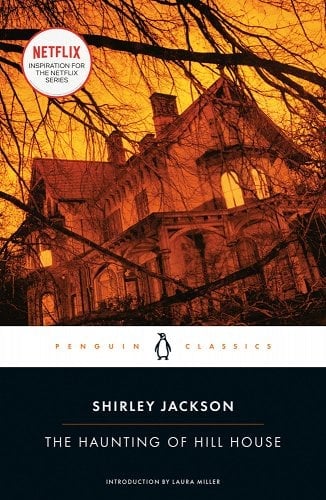
Shirley Jackson’s The Haunting of Hill House is a chilling tale that almost requires mittens to turn the pages. Jackson doesn’t just lead us into a spooky mansion; she invites us into a work of melancholy architecture. With its odd angles and unsettling doorways, Hill House is as much a character as Eleanor, our restless protagonist seeking a place to belong.
While most haunted houses have the common decency to be upfront about their spectral inhabitants, Hill House is a tad more cautious. Is it truly haunted, or is the real phantom the fragility of the human psyche? Jackson, the cunning storyteller, keeps us teetering. She masterfully crafts an ambiance where every whispering wind and nocturnal knock could be otherworldly or just an echo of our deepest fears.
House of Leaves by Mark Z. Danielewski
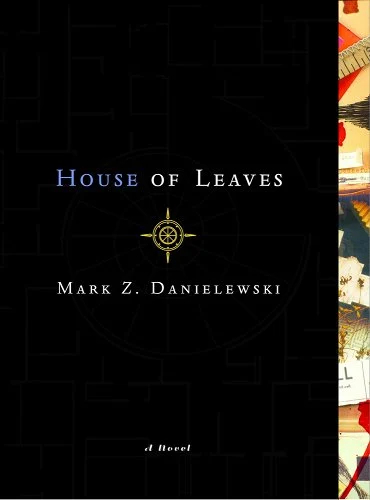
If you’ve read Mark Z. Danielewski’s House of Leaves, you know it’s a literary adventure that shows, once and for all, that true monsters don’t lurk in the shadows but rather in the footnotes. House of Leaves isn’t just a book; it’s an architectural anomaly made of ink and paper.
At its heart is a home that is larger on the inside than the outside—a TARDIS of fear, if you will. The stories within stories that Danielewski builds into his Russian nesting doll narrative will have you questioning whether you’re in a haunted house or just losing your mind. It’s not just a novel that begs to be read; it demands to be experienced, thought about, and even feared.
It by Stephen King
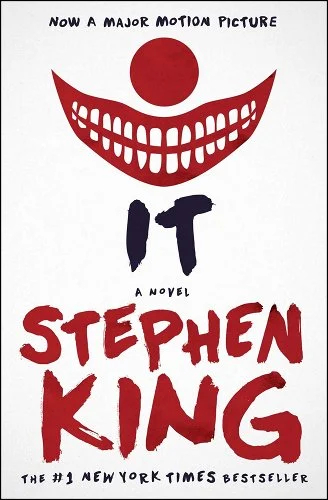
It by Stephen King is so unnerving one might hesitate before peering into storm drains or accepting balloons from strangely charismatic clowns. Derry, Maine, isn’t just another quaint town with a checkered past; it’s a place where childhood fears don’t merely fade but fester, awaiting their cyclical encore.
Pennywise, the novel’s not-so-jolly jester, offers more than mere tricks; he embodies the very essence of terror that spans generations. While most towns have local lore about mischievous spirits or ghostly apparitions, Derry boasts an eldritch entity with a penchant for shape-shifting and a rather unfriendly demeanor. With It, King crafts a tale of terror and a poignant portrayal of friendship and the loss of innocence.
Ghost Story by Peter Straub
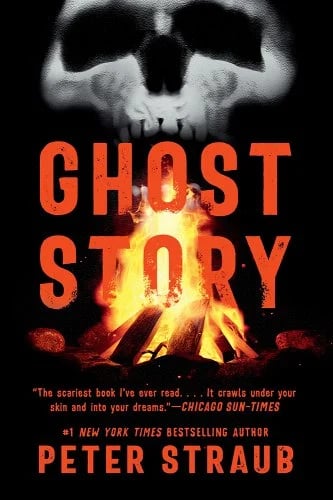
Here’s a story that does more than merely hint at ghosts; it throws a full-fledged party for the dead. In Peter Straub’s Ghost Story, the sleepy town of Milburn isn’t just home to the occasional ghost or two; it’s a veritable supernatural hotspot, a kind of Paris for the dead.
Chowder Society members, a bunch of senior gentlemen, don’t simply talk about the good old days; they also trade ghost stories with stakes higher than a Victorian collar. Straub, in his devilish wisdom, doesn’t merely rely on translucent entities floating about. No, he goes deep into the psyche, unearthing long-buried secrets and sins, proving that the most haunting ghosts are often our own regrets.
Beloved by Toni Morrison
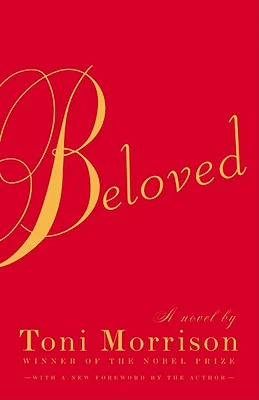
Beloved by Toni Morrison is a tale that doesn’t just haunt—it lingers, like the scent of a long-gone perfume or the echo of a sorrowful song. Sethe’s house at 124 is full of activity, and it’s not just because of her family; there’s also another, more ethereal, inhabitant. In contrast to the occasional draft or squeaky floorboards that some houses may have, number 124 throws tantrums fit for the annals of supernatural history.
However, Morrison, ever an expert on metaphor, ensures that the ghost in the home is more than just a specter, but a symbol—a reminder of a tragic past and the chains of slavery. It’s not the kind of horror that lurks in shadows or jumps out with a scream. Instead, it’s the haunting realization of humanity’s capacity for cruelty and the lengths one might go to escape it.
Dracula by Bram Stoker
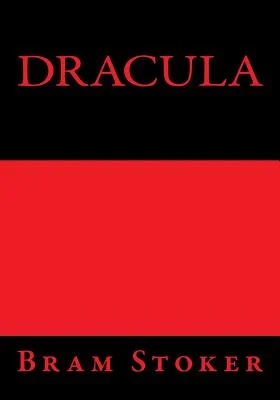
Bram Stoker’s Dracula is the granddaddy of nocturnal neck nibblers. Count Dracula was the original ruler of the night, long before vampires became brooding, sparkling heartthrobs in YA books. This Transylvanian noble didn’t just settle for local real estate listings—he had his eyes set on London, the buffet of the Victorian age.
While many monsters have come and gone in literary fashion, Dracula endures, reminding us that some nightmares, much like the Count himself, are immortal.
Frankenstein by Mary Shelley
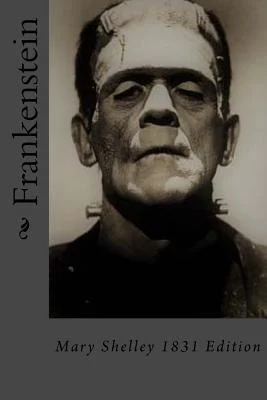
Frankenstein by Mary Shelley is a tale that teaches us if you’re going to play God, at least ensure you have a decent return policy. Victor Frankenstein isn’t your typical scientist; he has ambition, a stitch of hubris, and perhaps one bolt loose.
While most of us are content bringing bread to life in a toaster, Victor aspires for a loftier loaf—a creature cobbled from the discarded parts of humanity. This novel is no mere monster mash; it explores creation, responsibility, and the consequences of unchecked ambition.
(Featured image: Createspace Independent Publishing Platform/Pantheon Books/ Anchor Books/ Penguin Group/Atria Books)



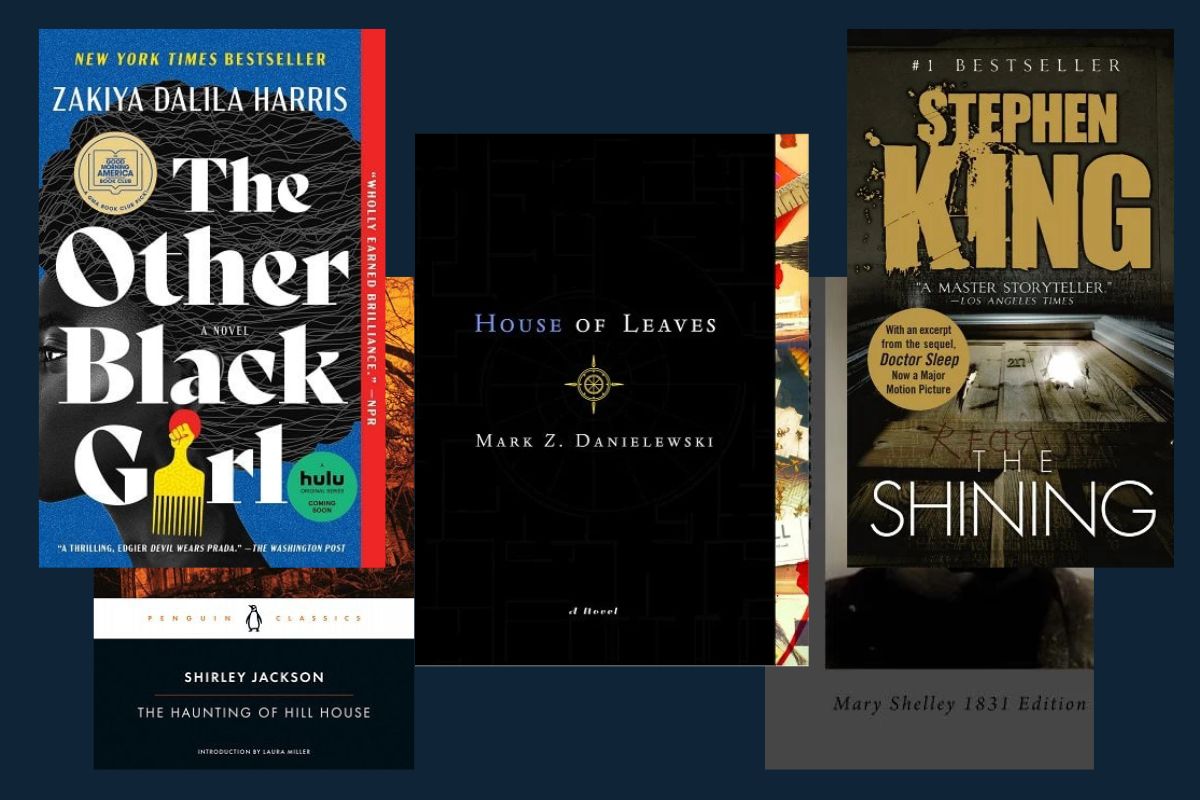






Published: Sep 27, 2023 01:10 pm